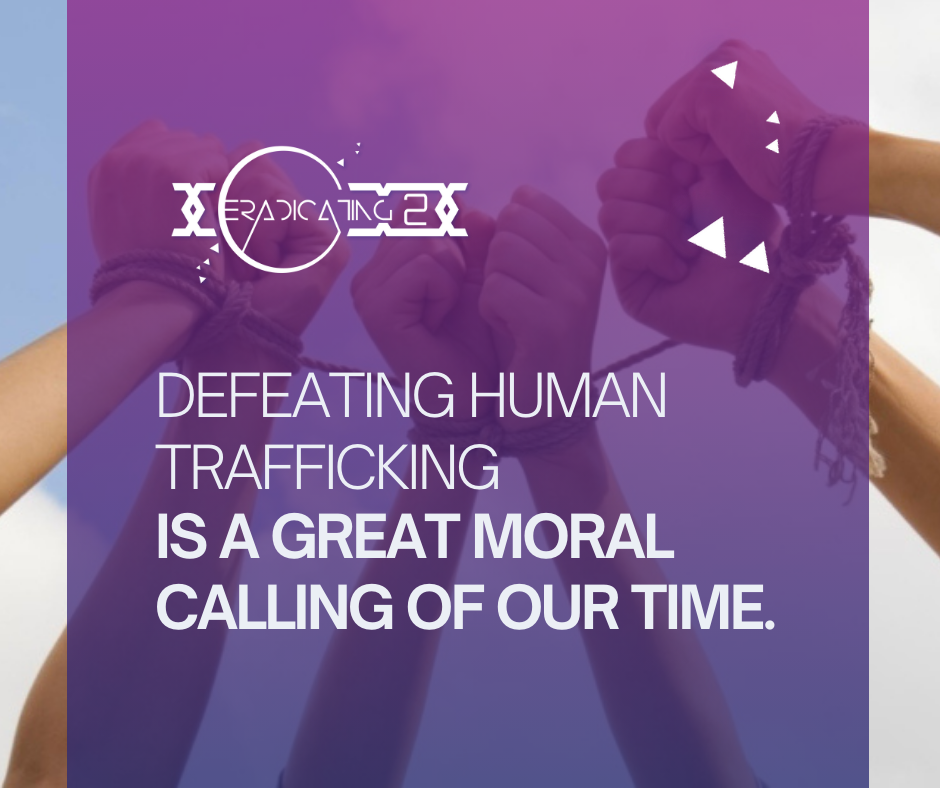Are Ukrainian Refugees in the EU Protected from Labor Exploitation?

Three years after the start of the war in Ukraine, the European Union has taken unprecedented measures to protect refugees, including the activation of the Temporary Protection Directive. Despite the guaranteed access to the labor market, healthcare, and social services, the reality for many Ukrainian refugees remains concerning.
The latest research under the “Eradicating II” project, in which Dignita is a partner, reveals that thousands of Ukrainian refugees in Germany, Bulgaria, Slovenia, Greece, Romania, and Poland are at high risk of labor exploitation. The research combines desk analysis of academic and institutional sources with focus groups involving service providers, international humanitarian organizations, and Ukrainian refugee women. Its goal is to identify the main challenges to integration and analyze the mechanisms that make refugees vulnerable to labor market abuse.
So how did we get here? What are the main obstacles Ukrainian refugees face when seeking employment in host countries? And how can we respond to this growing issue?
For many Ukrainian refugees, finding a job in the EU is a top priority — but often at a significant cost. Financial instability is a key driver; many refugees arrived with limited savings and few opportunities for income. As a result, they are forced to accept low-paid, insecure, and often informal jobs, exposing them to serious risks of exploitation.
The lack of information about labor rights and local legislation further complicates the situation. Administrative barriers frequently make access to formal employment slow and difficult. Many refugees also struggle with the recognition of their professional qualifications, which pushes them into the informal economy. Limited access to childcare is another major obstacle — many refugee women are mothers of multiple children, and the shortage of childcare services in the six studied countries significantly reduces their ability to engage in legal employment.
Discrimination and social stereotypes also play a role. Women, particularly single mothers, are often perceived as cheap labor and fall into exploitative working conditions. Disinformation campaigns — often fueled by Russian sources — worsen public attitudes toward Ukrainian women and make integration more difficult. Roma refugee women from Ukraine face multiple layers of discrimination, which limits their access to stable jobs and housing.
These combined factors make Ukrainian refugees easy targets for exploitation — whether by unscrupulous employers or organized criminal groups. Without stronger protections and enforcement, their risk of abuse will only grow.
The report identifies widespread cases of labor exploitation across the six countries, affecting a range of economic sectors. Common issues include withheld wages, non-payment, excessive working hours, and hazardous conditions — often without formal contracts or legal protections. Informal employment leaves Ukrainian refugees especially vulnerable to abuse and exploitation.
This exploitation is not an isolated phenomenon but a systemic issue, ranging from minor administrative violations to forced labor and potential cases of trafficking for criminal activities. The most affected sectors include:
Agriculture — unregulated labor, long hours, low pay, and lack of contracts. Promised wages are often partially paid or not paid at all.
Hospitality and tourism — especially during the peak tourist season, workers face long shifts, insecure conditions, and low pay, particularly in remote areas.
Manufacturing and small factories — poor regulation, dangerous conditions, excessive hours, and very low wages.
Criminal activities — some refugees are lured by fake job ads, such as “VIP transport services,” but are actually recruited into illegal operations like smuggling migrants.
Tackling labor exploitation requires coordinated efforts from governments, businesses, and civil society. The report emphasizes the need for:
Stronger regulation and monitoring mechanisms for labor practices.
Faster recognition of Ukrainian refugees’ qualifications to enable their access to formal employment.
Active involvement of employers in ensuring safe and fair working conditions.
Expanded efforts by civil society organizations to raise awareness among refugees about their rights and to provide legal assistance in cases of abuse.
Ukrainian refugees have now been part of Europe’s labor markets for over three years. Yet protecting them from exploitation remains a major challenge — one that requires meaningful action.
Since the beginning of the refugee influx, Dignita has been organizing informational sessions for Ukrainian refugee women. These sessions, designed as support circles, offer a safe space to share information about the Bulgarian labor market, the job-seeking process, local legal frameworks, and how to avoid labor exploitation.
Our experience clearly shows that the risk of labor exploitation is a systemic issue that cannot be ignored. Only through coordinated action among governments, employers, and civil society can we ensure that these individuals are not trapped in cycles of abuse and exploitation.
See the full report from the “Eradicating II” project, developed in partnership with leading European organizations and experts in combating labor exploitation.

